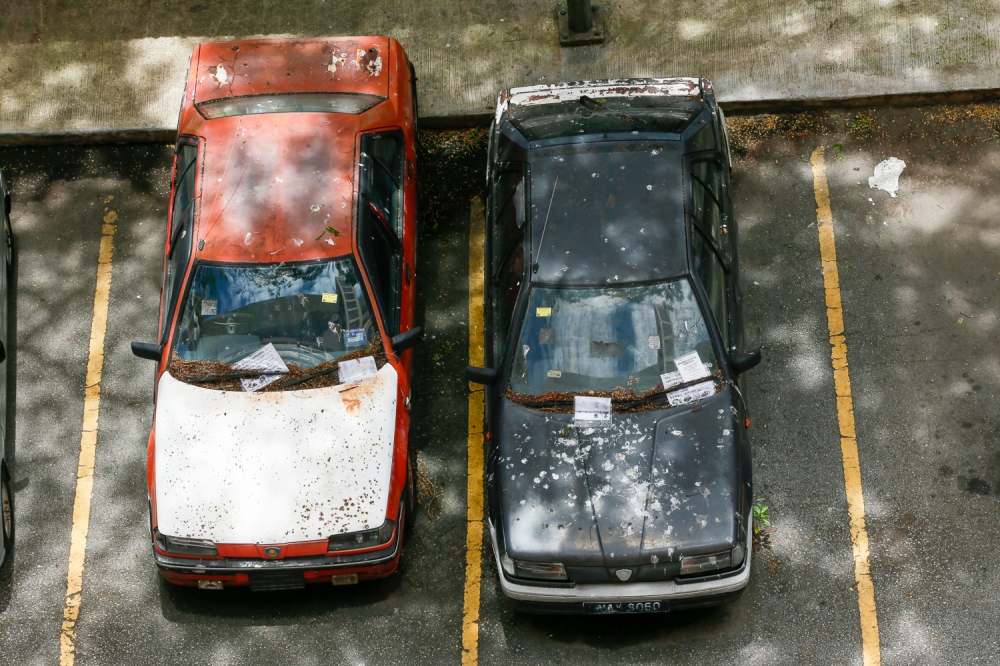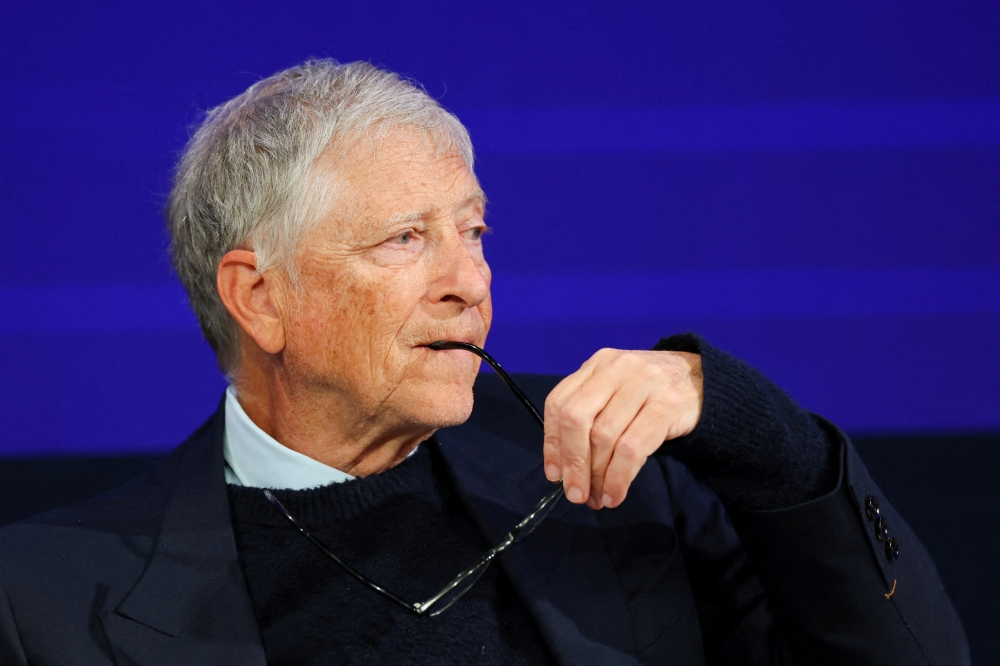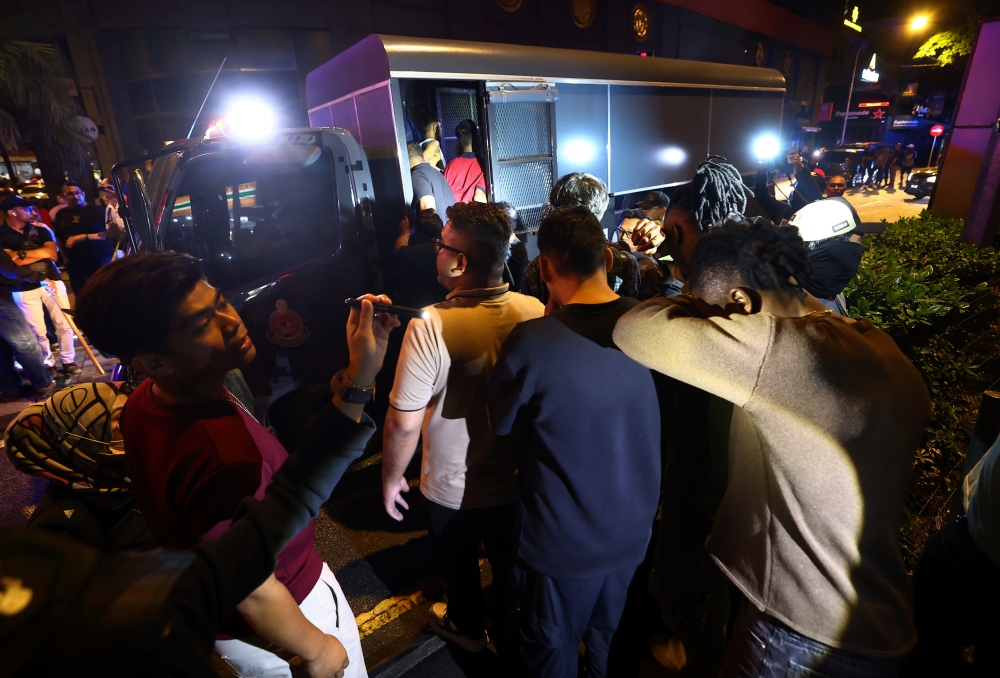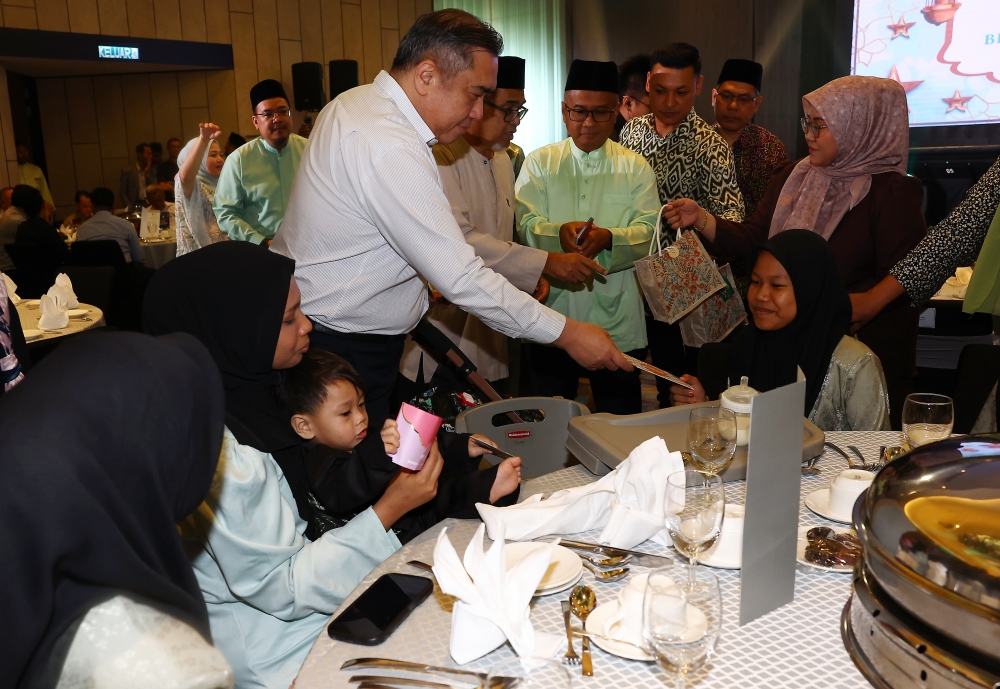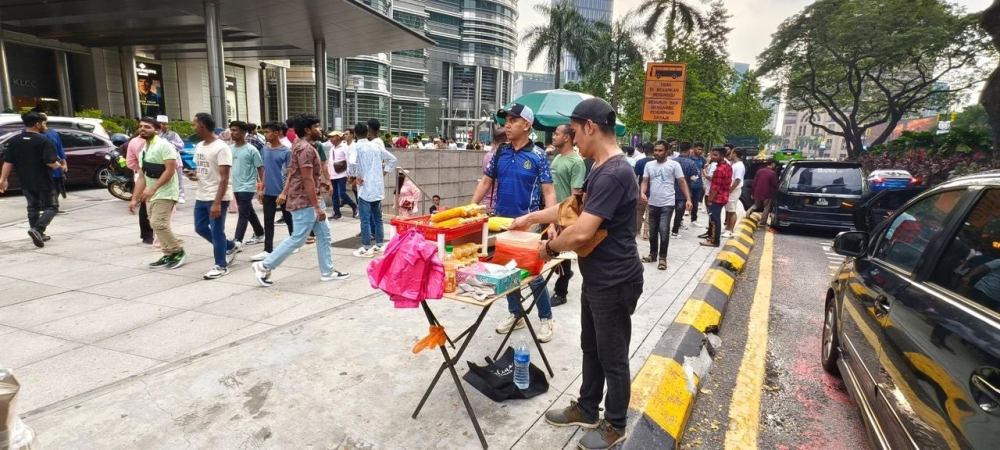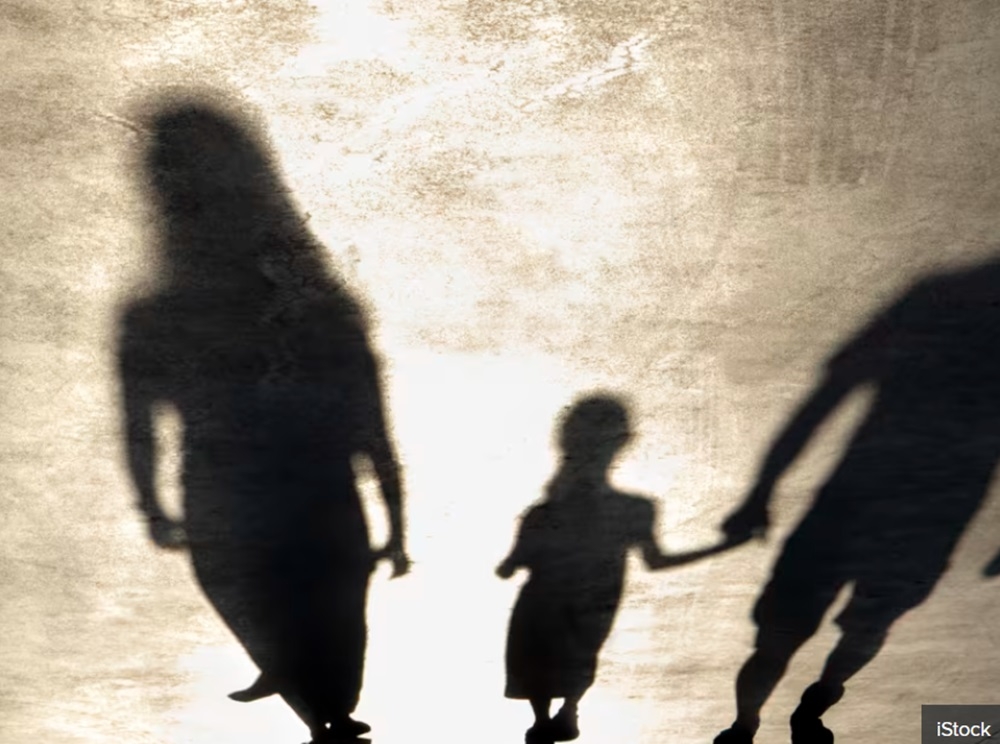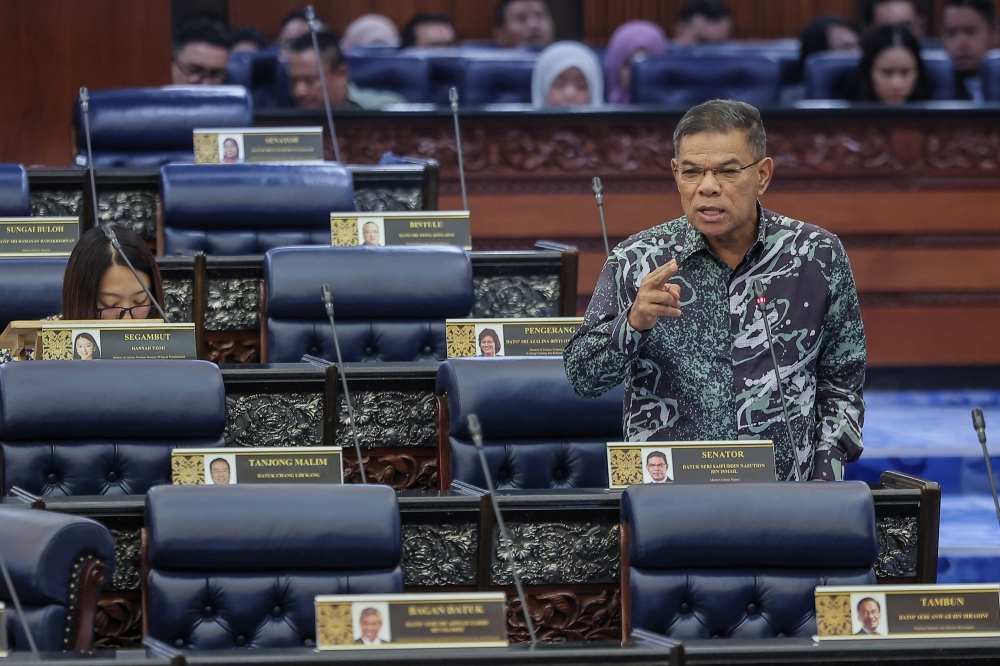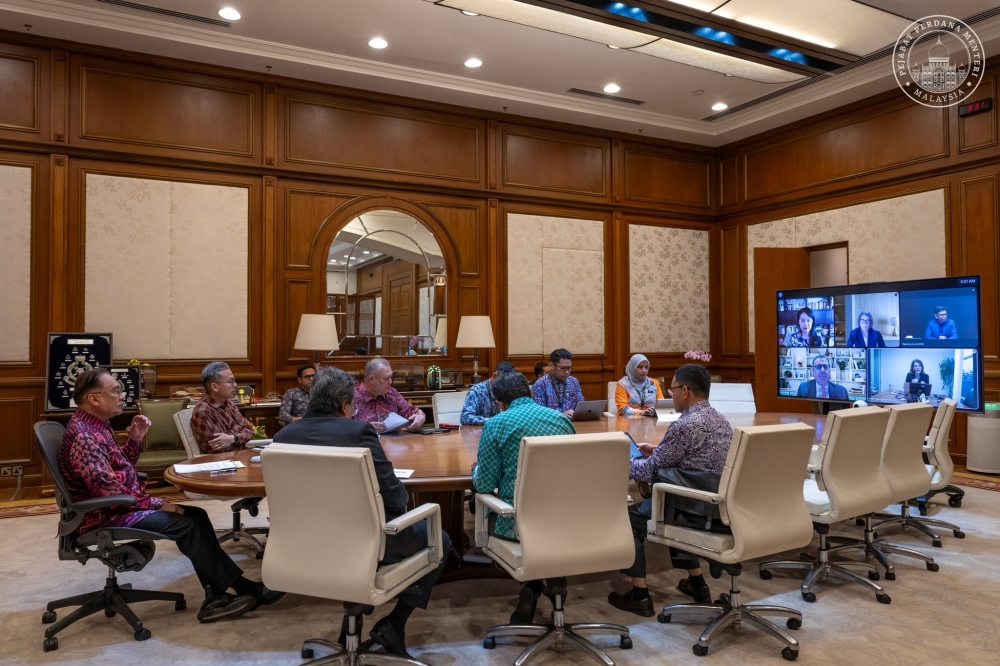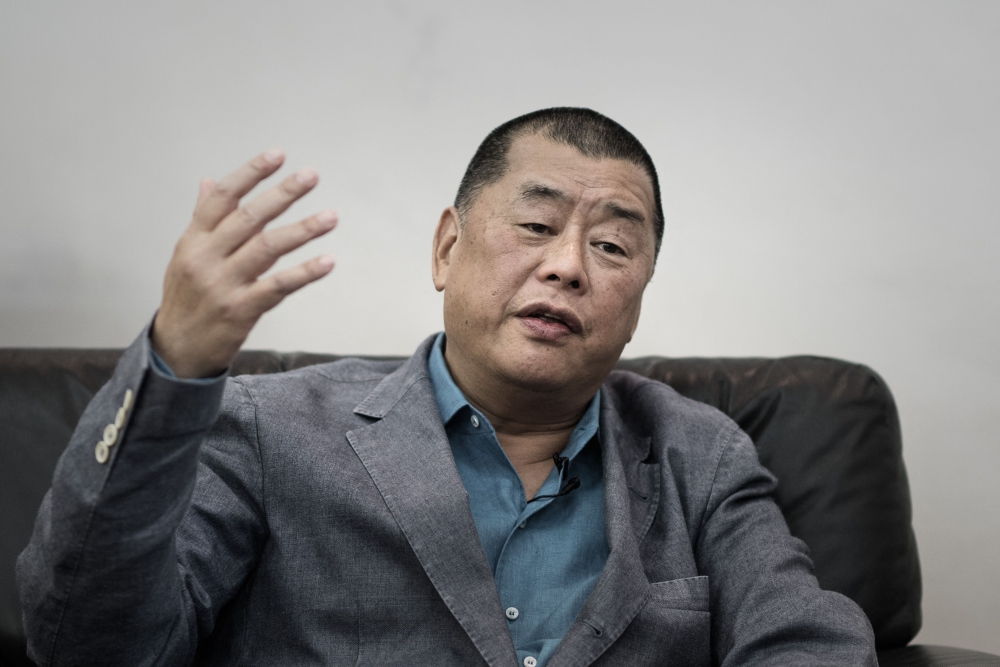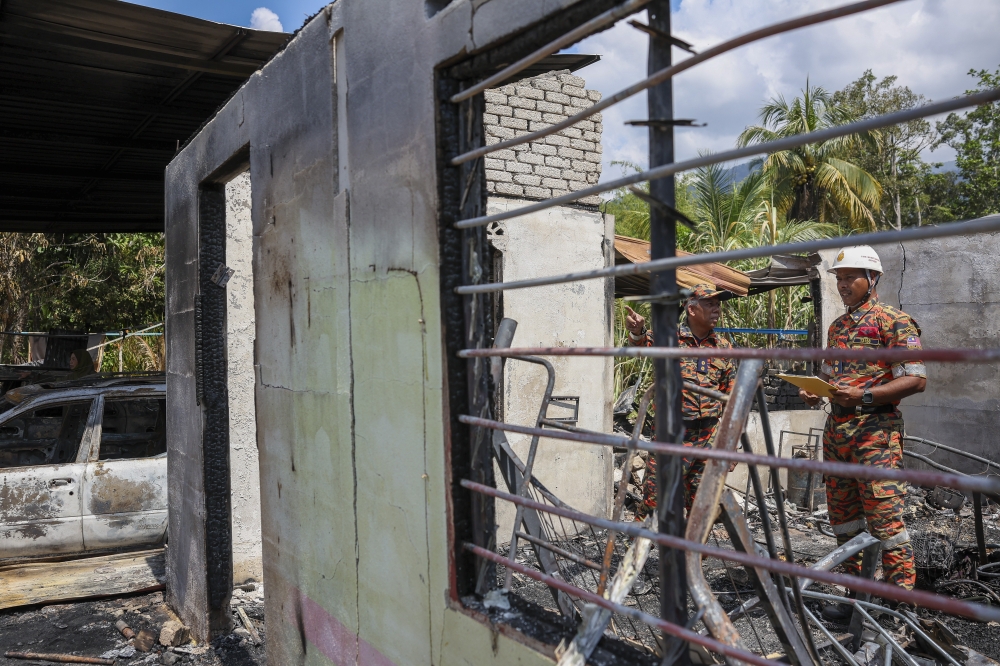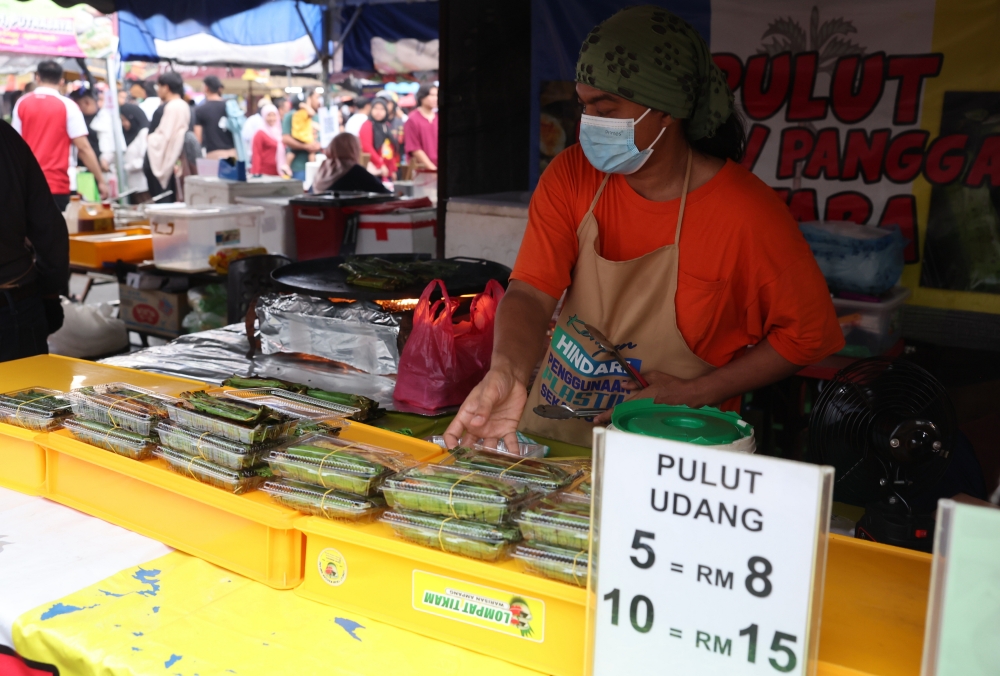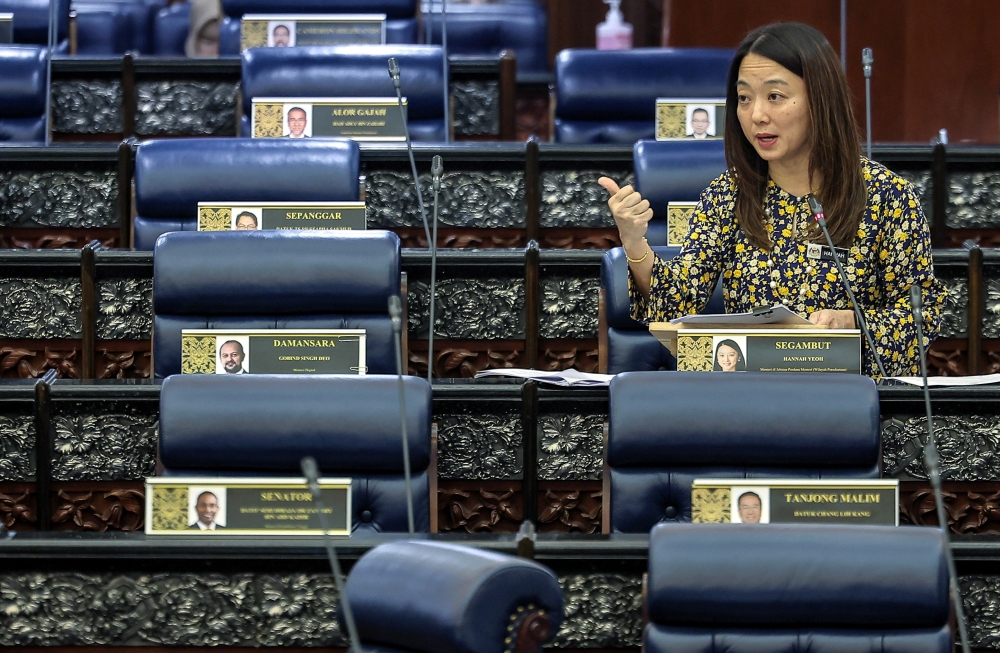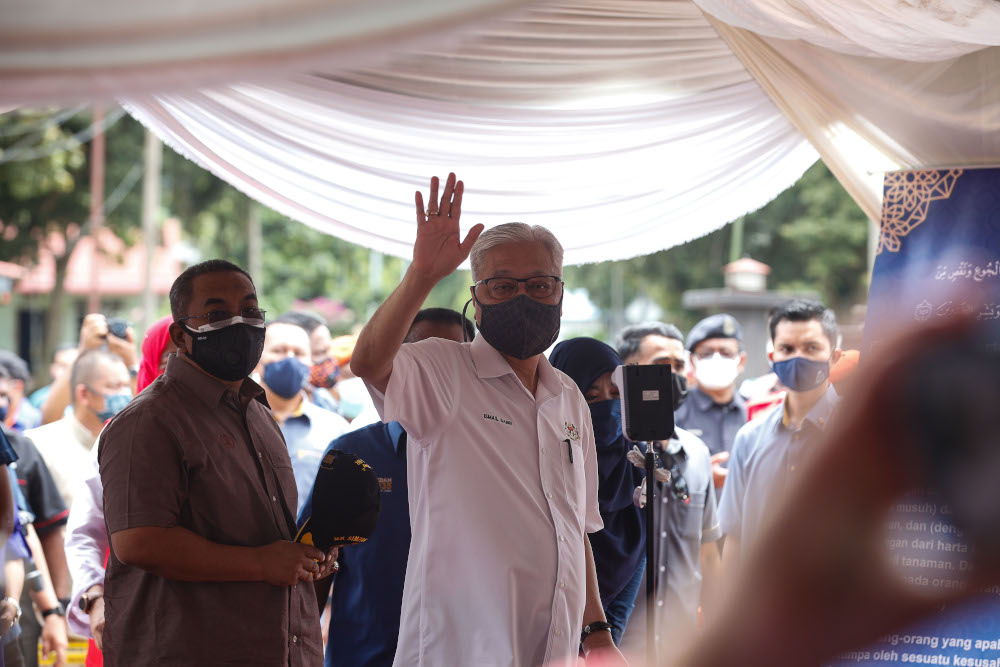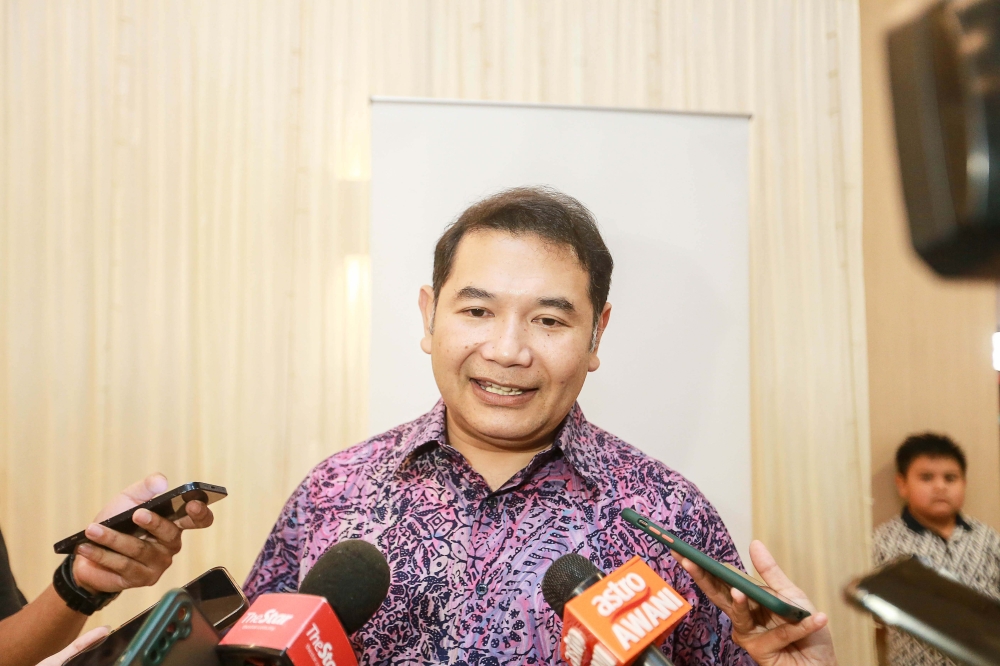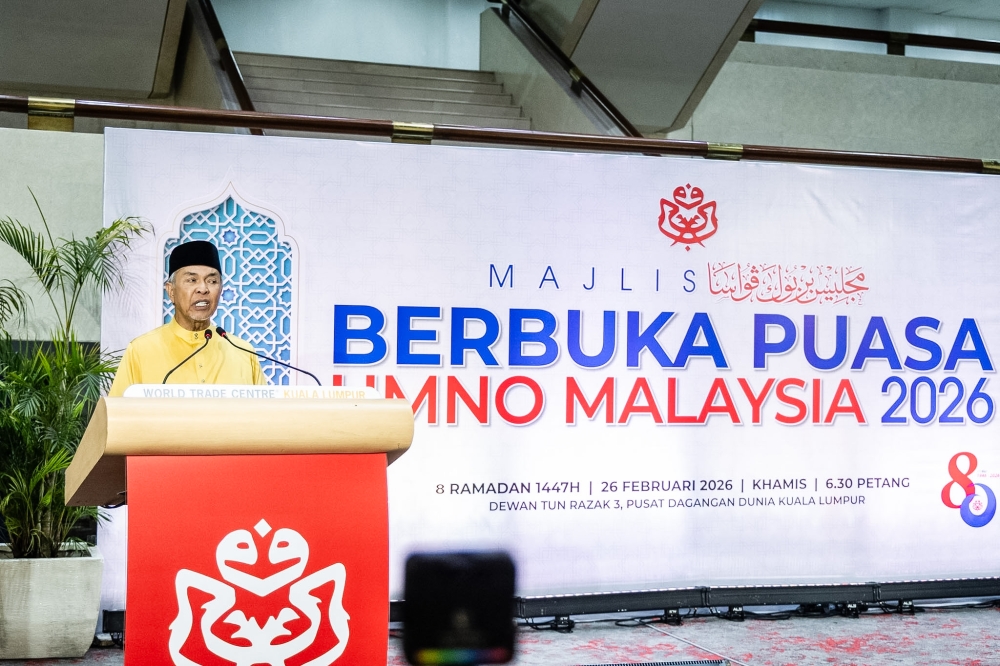KOTA KINABALU, Aug 29 — While Opposition lawmakers have been quick to criticise Prime Minister Datuk Seri Ismail Sabri Yaakob’s choices for his administration, analysts believe he did so to prevent further political tensions from rocking the country during the Covid-19 health crisis.
Political analysts contacted by Malay Mail noted that the overall Cabinet lineup was underwhelming, with mostly the same faces taking back the same roles.
Some noted fresh faces in the new government lineup from East Malaysia, but also noted that the ninth PM dashed expectations of having a first deputy prime minister from either Sabah or Sarawak.
“Aside from the rise of Yamani Hafez Musa, there is nothing new in terms of individuals being appointed in this Cabinet.
“Am not sure what exactly has been the reason for such a decision, but the PM needs to ensure those ministers/deputy ministers play a more active and significant role in fulfilling his idea of a ‘Malaysian family’,” Universiti Malaysia Sabah political analyst Romzi Ationg, told Malay Mail.
Sipitang MP Yamani, 41, is a son of former Sabah chief minister Tan Sri Musa Aman. He was appointed the second deputy finance minister in the Ismail Sabri Cabinet.
“It’s good that it’s retained by a Sabahan, so we hope that he could get some fund appropriation for the state,” Singapore Institute of International Affairs senior fellow Oh Ei Sun told Malay Mail.
Oh noted that Yamani was a replacement for Kudat MP Datuk Abdul Rahim Bakri who was deputy finance minister I.
Both Oh and Romzi noted that the numbers of East Malaysians have been maintained in the new federal government lineup.
Apart from Yamani, the other new face is Umno’s Kimanis MP Datuk Alamin Mohamad, who is deputy education minister.
Ismail Sabri’s Cabinet also retained two Sabahans as ministers – Datuk Maximus Ongkili as Minister in the Prime Minister’s Department in charge of Sabah and Sarawak Affairs and Datuk Ronald Kiandee as Agriculture and Food Industries.
Parti Bersatu Rakyat Sabah’s Datuk Arthur Joseph Kurup switched portfolios from the Prime Minister’s Department deputy minister for economy, to the Works Ministry.
But Parti Solidariti Tanah Airku’s senator Datuk Guandee Kohoi was dropped as deputy tourism minister.
In Sarawak, Datuk Dr Wan Junaidi Tuanku Jaafar was given a change of portfolios, from Entrepreneur Development and Cooperatives Minister to Minister in the Prime Minister’s Department in charge of Parliament and Law.
Three more Sarawakians — Datuk Seri Fadillah Yusof, Datuk Alexander Nanta Linggi and Datuk Nancy Shukri — were all retained as ministers.
Fadillah from Parti Pesaka Bumiputra is also still Senior Minister for Works while Alexander and Nancy kept their respective portfolios as Domestic Trade and Consumer Affairs Minister and Tourism, Arts and Culture Minister.
There are four deputy ministers each from Sabah and Sarawak.
Romzi said that to Sabahans and Sarawakians, the number of representatives from Borneo Malaysia is very important because of the decades-old unequal treatment from the peninsula-based federal government.
“We are always interested in the number of ministers from Sabah and Sarawak for the betterment of both states, states which still require special attention. The states need more ministers, and it is important that some ministries be handled by Sabahan and Sarawakians such as the ministry of defence, economy,” he explained.
Romzi thinks the biggest disappointment would be felt by Sarawak’s ruling coalition, Gabungan Parti Sarawak, who had hoped one of their own would finally be appointed deputy prime minister.
Ismail Sabri did not name a deputy.
“I think they all had high hopes of it finally happening. The timing would be appropriate and they had made significant contributions to the new government,” said Romzi.
Political analyst Jeniri Amir said the new federal Cabinet is basically to maintain continuity of the previous policies set by Ismail Sabri’s predecessor, Tan Sri Muhyiddin Yassin.
Jeniri noted Ismail’s decision to appoint four senior ministers instead of a deputy prime minister, which was introduced by Muhyiddin last year when he first took power.
To Jeniri, this is for the sake of creating stability in the country through continuity of earlier policies, and not to create political tensions.
“Basically, he retains these ministers who are dynamic and can tackle the economy impacted by the Covid-19 pandemic in the country.
“He also injected some new faces into the Cabinet, such as Datuk Mahdzir Khalid as the Minister of Rural Development, Tan Sri Noh Omar as the new Minister of Entrepreneur Development and Cooperatives,” Jeniri, who is also a Senior Fellow with the National Professors Council, told Malay Mail.
Jeniri praised Ismail Sabri for retaining Datuk Seri Tengku Zafrul Tengku Abdul Aziz as finance minister and Datuk Seri Mustapha Mohamed as minister in the Prime Minister’s Department in charge of economy.
“It is a good move to retain them in the same posts in the Cabinet,” he said, adding that Ismail Sabri likely believed the two could perform in their roles given sufficient time.
Jeniri also welcomed the appointment of Khairy Jamaluddin as the new health minister, saying the Rembau MP had proven himself as being dynamic and capable in tackling the pandemic when he was the coordination minister for the national Covid-19 immunisation programme.
As for the other Cabinet appointees, Jeniri said Ismail Sabri likely decided them based on the recommendations from the various political parties in the government.

